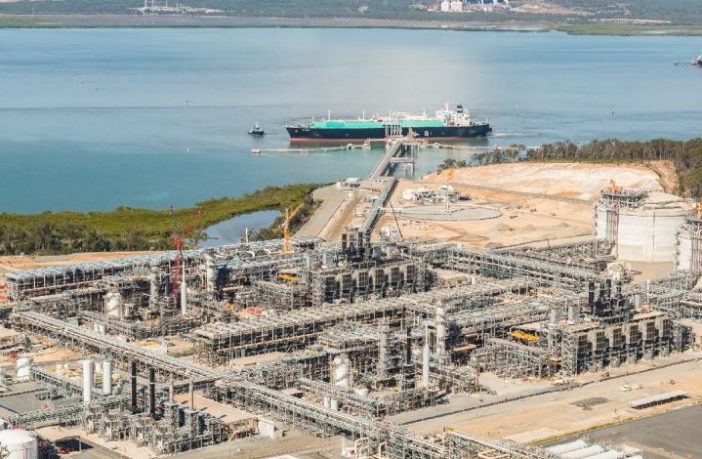- Using LNG-powered electricity in the transition to greener energy sources is an alternative often raised when questions are asked about how to wean Africa off its coal dependency.
- Speaking on the Enlit Africa digital event during October, three energy experts teased apart the pros and cons of Africa using LNG as a fuel source for stable baseload power.
Adrian Strydom, executive director of the Southern African Oil and Gas Association reminded everyone that the energy transition is a process, not a single event, which requires a long-term strategic approach.
Jarrad Wright, an ex-principal researcher with the CSIR, said he too thought gas had its uses but questioned whether South Africa, or most African countries for that matter, could afford to build the required infrastructure from scratch. Especially if that infrastructure would become stranded once a different greener source of energy is put in place, decades down the line.
“We don’t have the domestic infrastructure [or gas reserves], we’d rely on international sources. A lot of countries are learning that the hard way,” said Wright. He pointed out it would take at least three to five years to build up LNG infrastructure and pipelines in South Africa, if that was the route chosen.
“We need to get modular technology on the grid now. To utilise the existing coal fleet less will allow Eskom to do the maintenance that needs doing and then they can get the unplanned maintenance factor down,” suggested Wright.
Has the LNG decision already been made?
Meike Wetsch, head: capital and funding office for the Coega Development Corporation thinks the future of the global energy mix will be dominated by low carbon sources and the CDC is betting on LNG.
She pointed out the Coega Special Economic Zone and Port of Ngqura have been nominated to be the country’s oil and gas hub and CDC has been working with Transnet and the Central Energy Fund on plans to get gas onto the grid. She estimates it would take about five years to get going, “all things being equal, it depends on financing and regulatory approvals”.
Picking up on Wright’s comment about countries relying on costly imports she said the unfolding energy crises in Europe is a timely reminder that alternative pricing structures that do not penalise South Africa’s economy should be investigated.
Log into the Enlit Africa session To LNG or not: is that the question? to find out more about how Wetsch suggests South Africa could afford to import gas and what else the energy experts had to say.
Author: Theresa Smith

Theresa Smith is a conference producer for Clarion Events Africa.
This article was originally published on ESI Africa and is republished with permission with minor editorial changes.












